Big questions are getting raised about fair play in Warhammer 40k tournaments after the latest cheating controversy, and players and spectators online aren’t giving it a pass.
Updated on August 14th 2025, by Rob Baer to correct a unit entry.
It’s starting to feel like Warhammer 40k tournaments have their own weekly drama schedule. This time, the Lone Star Open took center stage, and the spotlight wasn’t on an epic tabletop showdown; it was on an extra Helbrute that had no business being there.
This is right after another cheater was suspended from playing a little longer…
The Extra Helbrute Heard ‘Round the Tables

Now, this isn’t just a minor oops like forgetting to pay for a 10-point enhancement. In his list, the Helbrute is a buff piece, a model that amplifies other units. So, running an extra one isn’t a harmless addition; it’s a direct boost to overall performance. Add in that it made his army about 130 points over the standard 2,000-point cap, and you’ve got a problem.
When the community spotted it, Carmona issued a public apology, admitting full responsibility and withdrawing from the standings (but that didn’t satiate the community). FLG adjusted the results, bumping the original fourth-place finisher into third.
FLG’s Take: Honest Mistake or Unfortunate Oversight?

Jake from FLG stressed that the best defense against issues like this is vigilance, from everyone. Judges, players, and opponents should be checking lists before and during matches. He also made it clear that James’s sportsmanship in admitting the error was appreciated.
The Community’s Response: Split Opinions

It seems some people did and actually took pictures to show the judges later.
Some attendees pointed out that Carmona seemed friendly with several judges, raising eyebrows about whether that influenced the oversight. Others expressed concern that this isn’t an isolated incident, the comment threads are full of people mentioning similar situations, and a general erosion of trust in competitive 40k, especially in reference to Team Zero Comp.
Overall, it feels like people are trying to cheat where they can and where they think they can get away with it. If you’re playing an event, you should probably check your opponent’s list from now on.
Who’s Responsible?
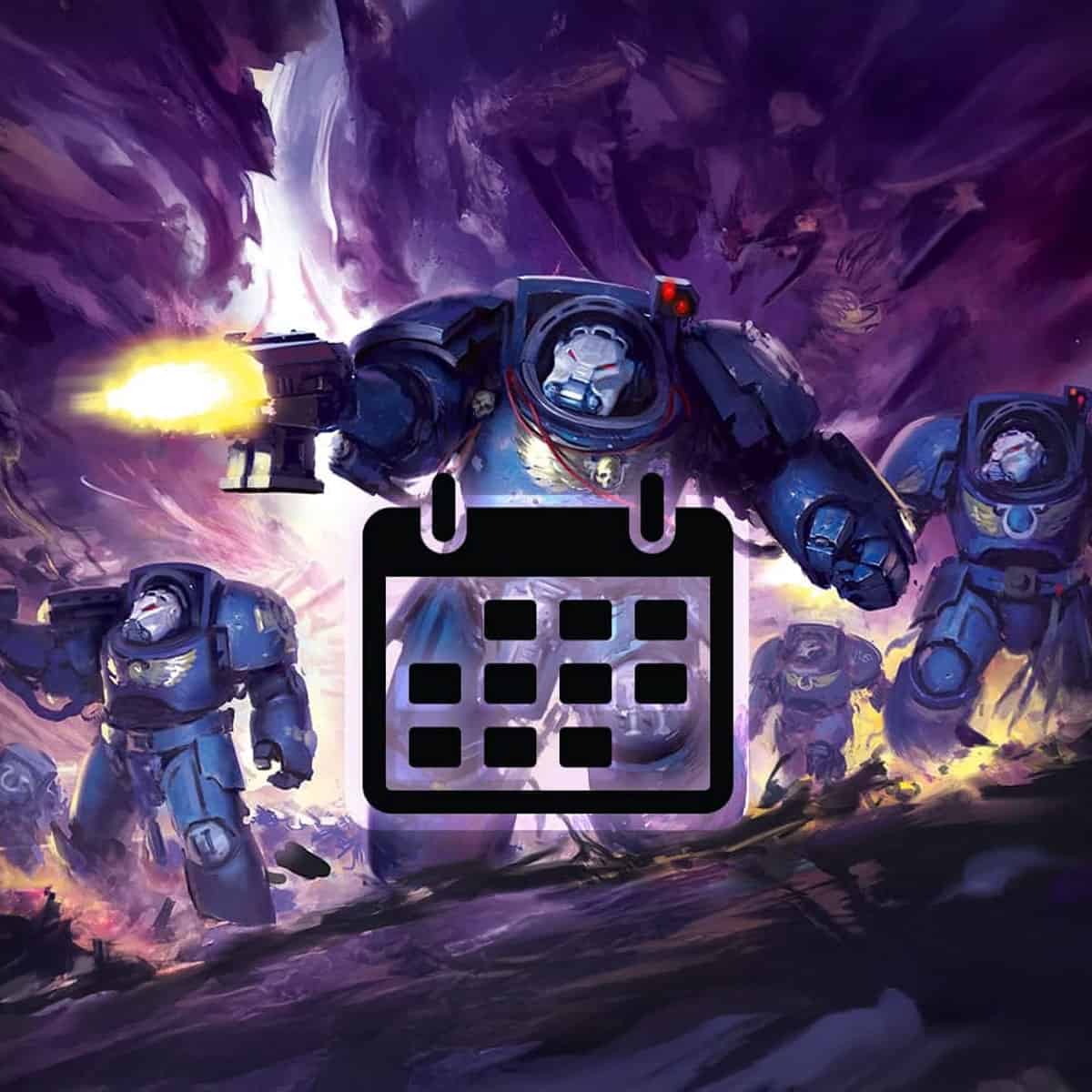
Judges are there to enforce rules, but they can’t be everywhere at once (especially not at giant events). The onus falls on players to protect the integrity of their own matches.
Events live and die by their credibility. If cheating, intentional or not, keeps slipping through, the perception of fairness takes a hit, and that’s hard to recover from.
The Takeaway for the Competitive Scene
The LSO Hellbrute incident is a reminder that vigilance isn’t optional in competitive play. Triple-check your list. Check your opponent’s list.
If something looks off, speak up before the first dice roll. Yes, TOs and judges have a role, but players have the most immediate control over what happens in their games.
One Helbrute might not ruin the meta, but trust us, letting stuff like this slide will.
See What Happened With a Suspended Player at LSO

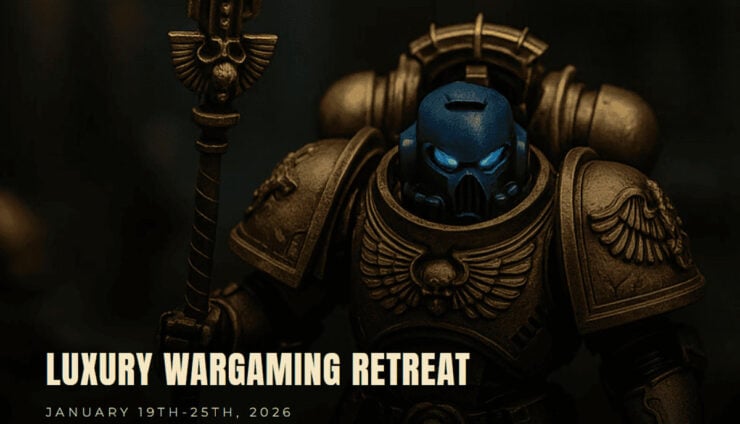
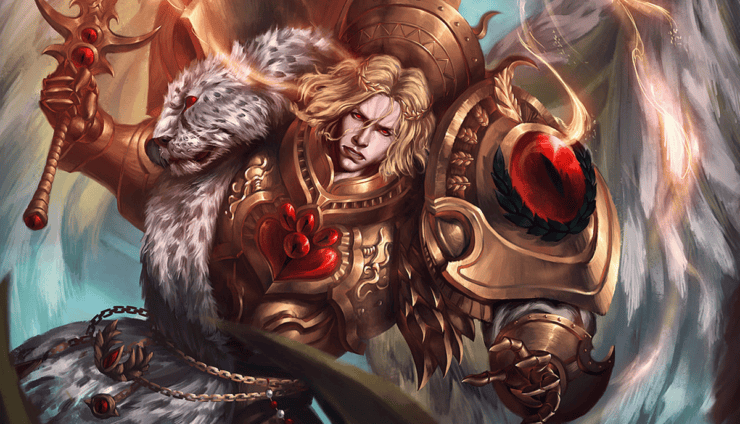

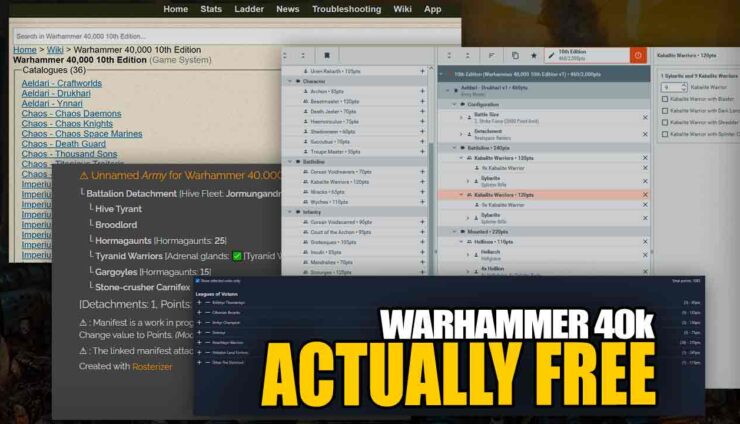
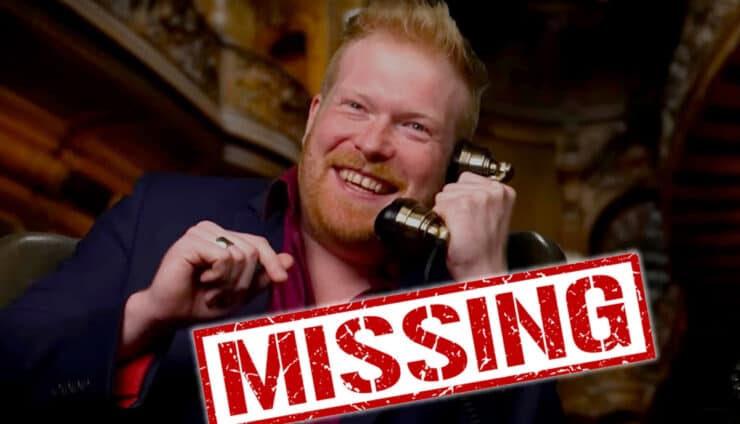
Carmona’s actions also stain the first place winner, who has had issues with colluding to win big events before as well. Junior’s placement looks much more suspicious now.